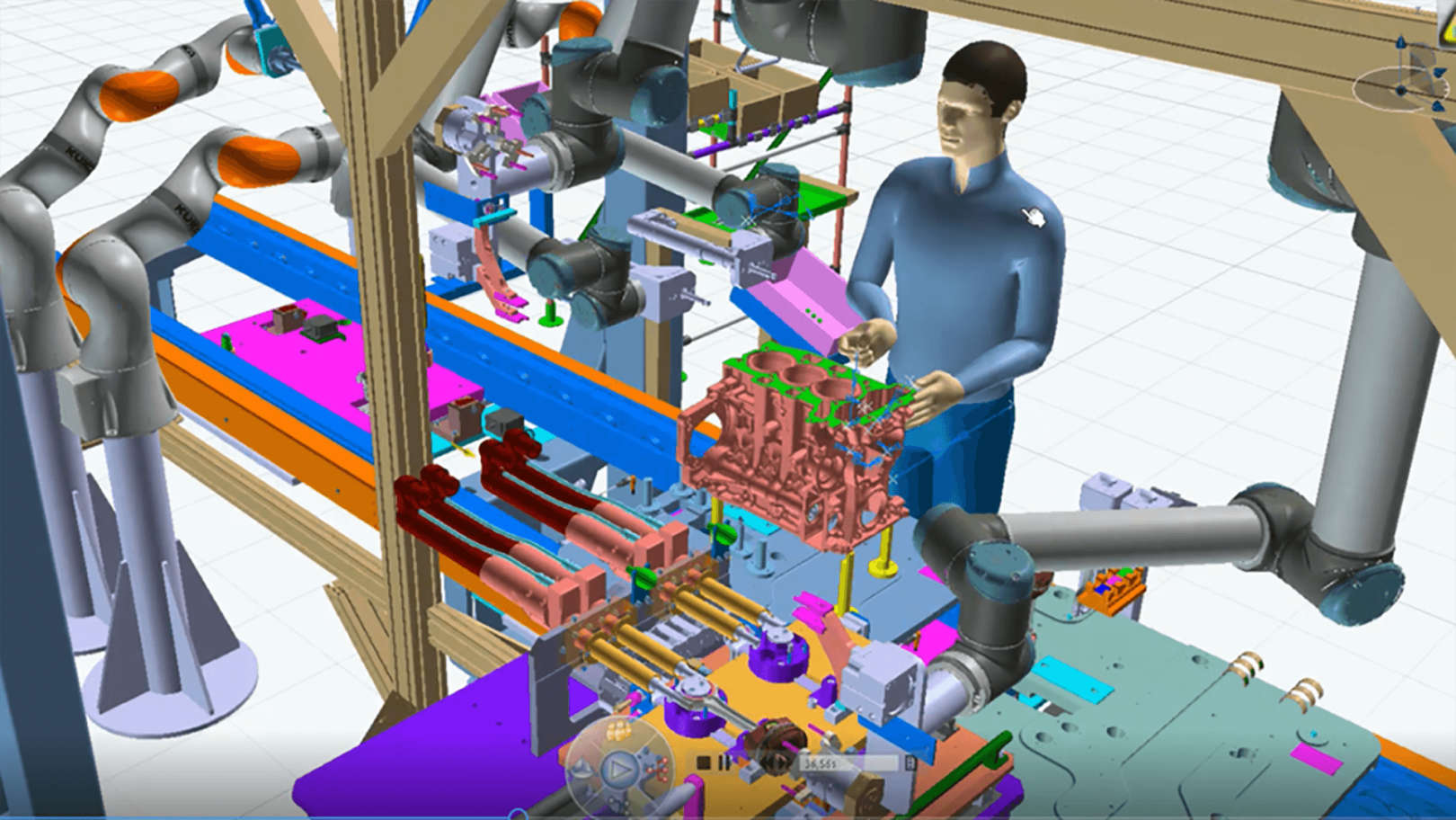About
João Bastos is an Associate Professor at the Department of Mechanical Engineering of ISEP - Polytechnic of Porto. With the Degree in Mechanical Engineering from FEUP, Master's degree in Electrical and Computer Engineering in the field of Industrial Informatics at FEUP, and has a PhD degree from the Doctoral Program in Industrial Engineering and Management - PRODEIG at FEUP. His areas of interest are: Supply Chain Management, Distributed Planning, Optimization of production systems. He is a researcher at the National Institute for Systems and Computers of Porto - INESC TEC Laboratório Associado and participates in several research projects. Participates in national and international conferences and publishes in journals as well.


